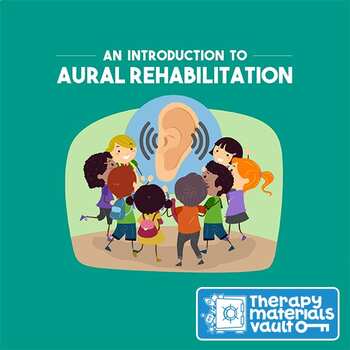
This may also be provided to both individuals with hearing loss and family members or caregivers.Įducation for individuals with hearing loss can involve: This may include counseling both individuals with hearing loss and family members or caregivers, as hearing loss can have a big impact on the lives of those with it and the people they interact with regularly. Other modifications include having adequate lighting so individuals with hearing loss can speech read, which is sometimes referred to as lip reading, though there are some differences (more of this mentioned below). Individuals with hearing loss may also benefit from environmental modifications, such as sitting close to speakers and improving room acoustics (e.g., placing tennis balls on the bottom of desk chairs). This can involve using FM systems and microphones. There are many components to hearing and communicating, and AR is a critical part of managing hearing loss.Īssistive technology/Environmental Modifications
Aural rehabilitation speech therapy full#
If a hearing loss is suspected or present an SLP may also conduct a speech and language screening or a full diagnostic assessment if it is needed.īoth audiologists and SLPs may develop AR plans of care, which include indicating treatment services needed, evaluating the appropriate assistive technology to be used, counseling, and providing educational information as well.Īssessing hearing loss and being fitted with hearing aids or cochlear implants are immensely important, but they do not miraculously “solve” hearing loss problems. Having a hearing loss can impact an individual’s speech and/or language skills. SLPs may conduct hearing screenings, but do not perform full auditory evaluations. This may include giving comprehensive auditory assessments, fitting and programming hearing aids and cochlear implants, and providing hearing device and assistive technology support. Audiologists are responsible for screening, assessing, diagnosing, and treating individuals with hearing loss. Providing AR falls under the scope of both audiologists and speech-language pathologists (SLPs). Individuals with hearing loss may face a variety of communicative challenges, and professionals can help guide their care.ĪR can also be referred to as aural rehabilitation, auditory rehabilitation, hearing rehabilitation, rehabilitative audiology, and audiological rehabilitation. “Oral rehab” is not a thing, but “aural” and “oral” sound similar, so confusions may arise sometimes.


Aural rehab (AR), not to be confused with “oral rehab,” is a type of assessment and intervention focused on managing hearing loss.


 0 kommentar(er)
0 kommentar(er)
